From the rhythmic drumbeats of ancient tribes to the soaring symphonies of modern concert halls, music has always held a peculiar power over the human experience. Unlike spoken language with its rigid grammatical structures and cultural barriers, music flows effortlessly across borders, resonating with people regardless of their native tongue. This phenomenon raises a fascinating question: how did sound organized in time become humanity's most democratic form of expression?
The answer lies in our biological wiring. Neuroscientists have discovered that our brains process music through multiple regions simultaneously - the auditory cortex handles pitch and tone while the limbic system generates emotional responses. This dual activation creates what researchers call "neural harmony," allowing listeners to feel the emotional content of a foreign folk song as clearly as they might understand the joy in a baby's laughter or the grief in a mourner's sob. When a Japanese taiko drummer performs, the pounding rhythms trigger primal excitement in listeners from Nairobi to New York, proving that some musical understanding predates civilization itself.
Historical records show music serving as a bridge between cultures for millennia. The Silk Road wasn't just a conduit for spices and silk - it carried melodies that transformed as they traveled. A Persian scale might evolve into a Chinese folk tune, then reappear centuries later in a Hungarian dance. These musical mutations created an unbroken chain of shared human creativity. Sailors' shanties demonstrate this perfectly; the same basic melody exists in dozens of coastal cultures, each version telling local stories while maintaining the original's nautical spirit.
Modern technology has amplified music's unifying power exponentially. The global success of genres like reggae and K-pop shows that audiences care more about emotional authenticity than linguistic precision. When BTS sings in Korean or Bob Marley wailed in Jamaican patois, their raw emotion transcends vocabulary. Streaming algorithms now expose listeners to worldwide sounds, creating what ethnomusicologists call "the great blending" - a phenomenon where a teenager in Mumbai might develop equal passion for Norwegian black metal and Malian blues.
Music's universality also stems from its role in human rituals. Every culture uses music to mark life's milestones - lullabies for birth, wedding marches for union, dirges for death. These shared musical rituals create instant understanding between strangers. A mother in Russia and another in Kenya might not share a word, but they'll recognize each other's humming to soothe a child. This common vocabulary of care, encoded in melody, reveals our deepest human connections.
The science of musical perception offers more clues. Studies show that all humans, regardless of culture, associate major keys with happiness and minor keys with sadness. Faster tempos universally suggest excitement while slower ones imply calm. These shared responses likely evolved from our ancestors' need to interpret environmental sounds - the rapid patter of rain signaling urgency, the low rumble of thunder suggesting danger. Music hijacks these ancient neural pathways to communicate directly with our emotions.
Contemporary collaborations highlight music's borderless nature. Projects like Playing For Change gather musicians from conflicting regions to perform together, proving that shared rhythm can overcome political divides. When Israeli and Palestinian musicians jam or when North and South Korean orchestras unite, they demonstrate music's unique ability to create harmony beyond politics. These moments reveal music not just as art, but as diplomacy in its purest form.
Even in space, music asserts its universal status. The Voyager Golden Record included global musical selections as humanity's representatives to potential extraterrestrial life. NASA chose Bach alongside Senegalese percussion, understanding that music conveys our essence better than any speech. Back on Earth, music therapy helps stroke victims recover speech and autistic individuals improve social skills, further proving its fundamental role in human connection.
As the world grows increasingly fragmented, music remains our most reliable unifier. Protest songs from Chile's streets find echoes in Hong Kong's demonstrations. Ukrainian folk tunes remixed as battle anthems inspire global solidarity. This persistent musical conversation across time and space suggests that while humans build walls, we compose bridges. Perhaps the ancient Greek philosophers were right - music truly is the mathematics of the soul, a equations every human heart can solve instinctively.
The next time you find yourself tapping along to unfamiliar foreign rhythms or getting chills from an opera in a language you don't speak, remember - you're participating in humanity's oldest continuous dialogue. In a world divided by countless differences, music remains our shared mother tongue, proof that beneath all surface variations, human hearts beat to the same fundamental rhythms.

By /Aug 7, 2025

By /Aug 7, 2025
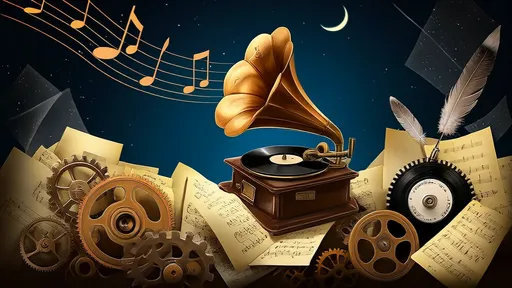
By /Aug 7, 2025
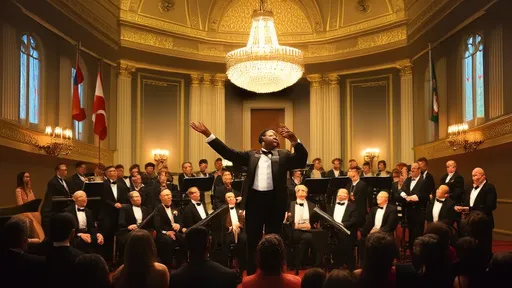
By /Aug 7, 2025

By /Aug 7, 2025
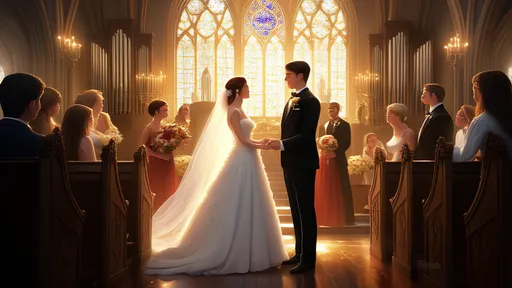
By /Aug 7, 2025
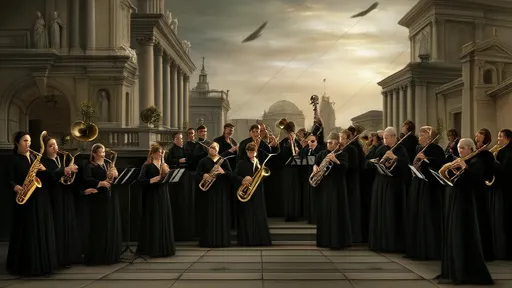
By /Aug 7, 2025
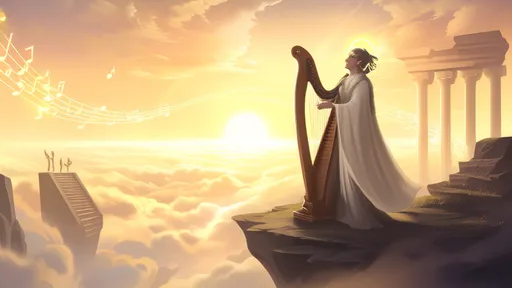
By /Aug 7, 2025
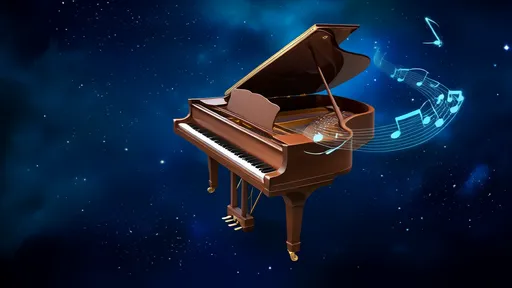
By /Aug 7, 2025
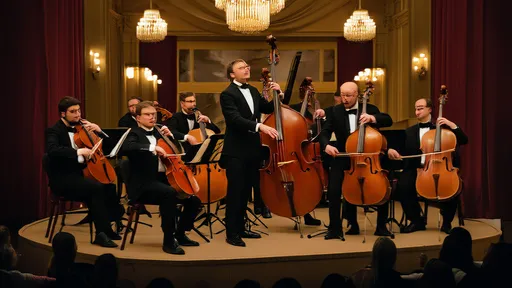
By /Aug 7, 2025

By /Aug 7, 2025

By /Aug 7, 2025

By /Aug 7, 2025

By /Aug 7, 2025
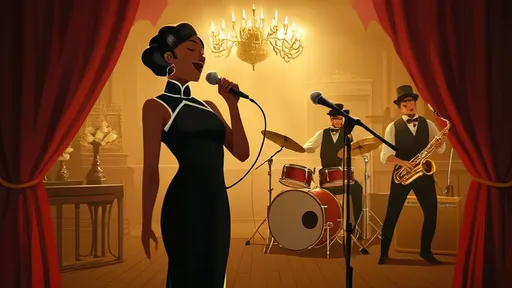
By /Aug 7, 2025
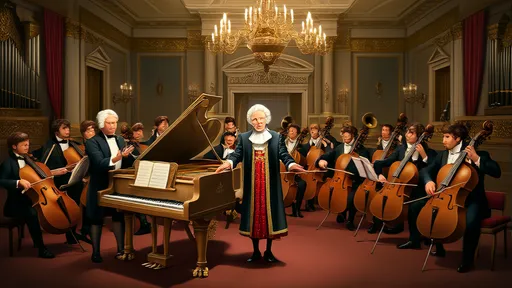
By /Aug 7, 2025
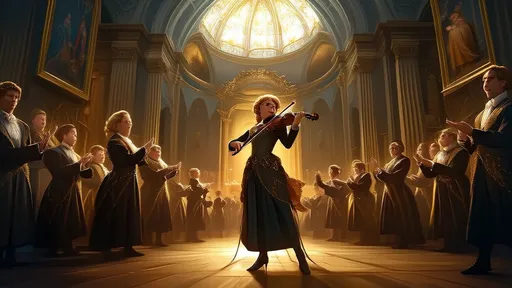
By /Aug 7, 2025
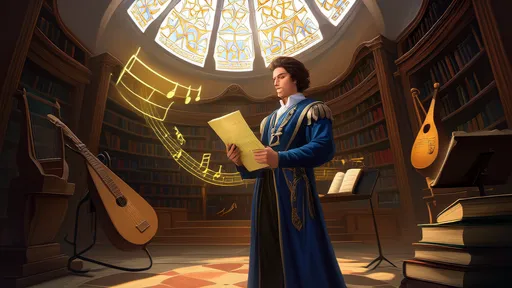
By /Aug 7, 2025
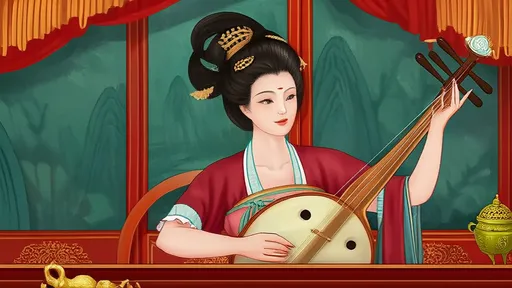
By /Aug 7, 2025
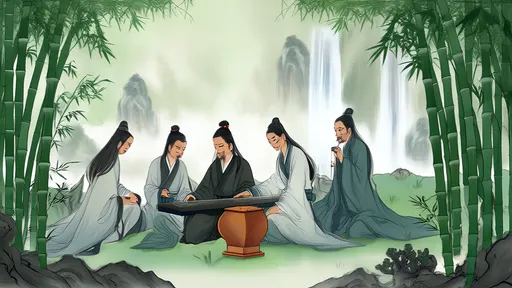
By /Aug 7, 2025